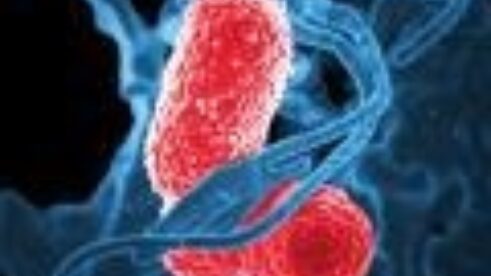Health care providers should routinely acquire sexual histories from their patients to facilitate risk assessment and risk reduction counseling for preventative sexual health services. A sexual history should be taken during any new or routine patient visit, and especially if the patient presents with signs or symptoms of STDs. To obtain the most pertinent information effectively, the use of open-ended questions in a non-judgmental/normalizing way is recommended.
The 5 “P”s of a Sexual History:
Routine laboratory screening for common STDs is recommended for sexually active adolescents as followed:
The following recommendations are for primary prevention of STDs (i.e., vaccination and counseling) for sexually active adolescents and young adults:
Washington State explicitly allows minors (individuals aged 14 and older) to consent for their own health services for STD screenings and treatment.
When a child tests positive for a STD, disease management requires close cooperation between clinicians, laboratorians, and child-protection authorities. Certain diseases (e.g., gonorrhea, syphilis, and chlamydia), if acquired after the neonatal period, strongly suggest sexual contact. For other diseases (e.g., HPV infections and vaginitis), the association with sexual contact is not as clear.

Contact Us at 509.324-1442
Communicable Disease Reporting Line (24/7) 509.324.1449

Licensed healthcare professionals and STD program staff can contact the Clinical Consultation Service for clinical decision support.